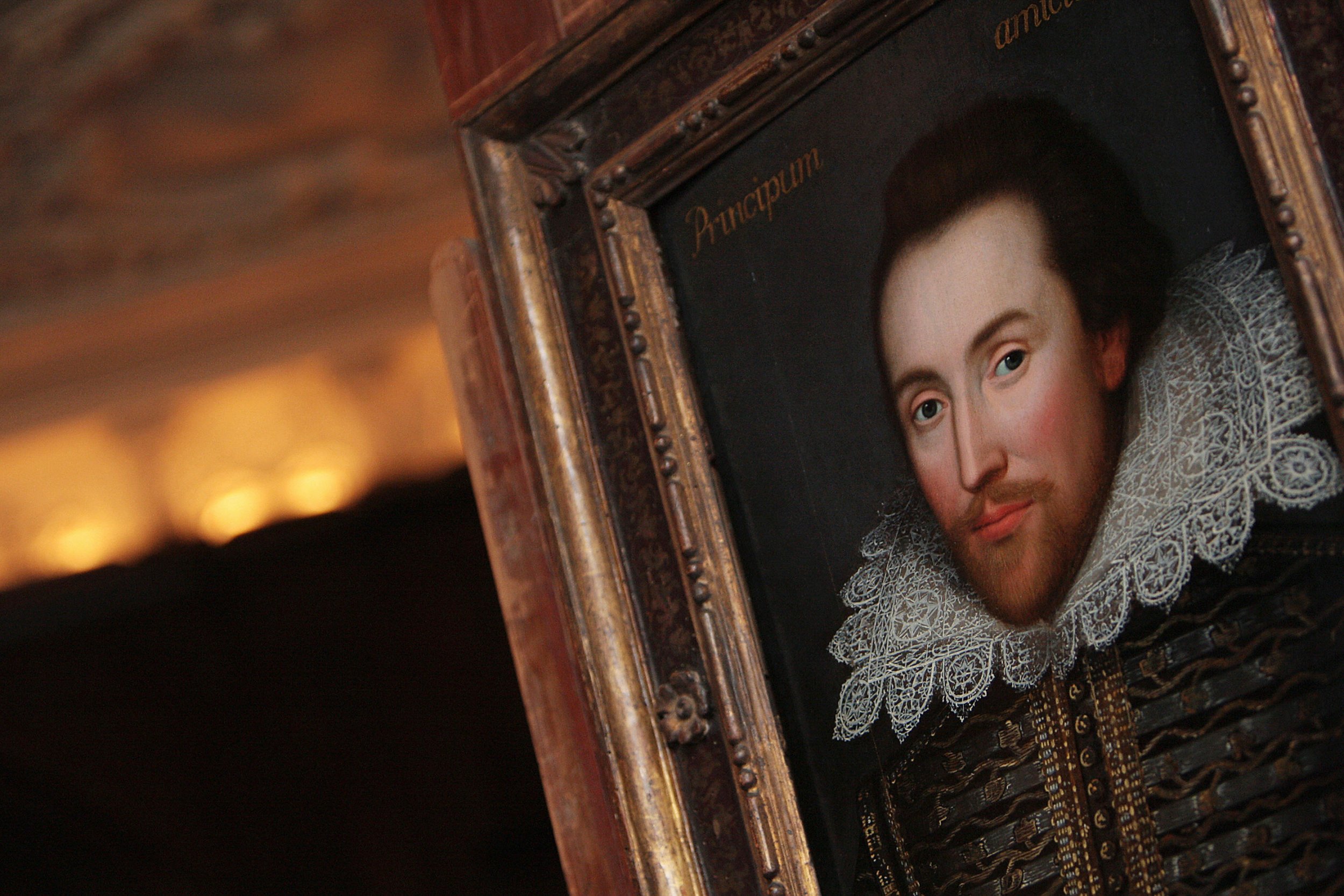
William Shakespeare may have died over 400 years ago, but he's still clashing with the politically correct crowd.
Lecturers at the University of Cambridge in England have recently begun to include trigger warnings on course documents, letting students know that discussing a few of the Bard's famous plays may make them uncomfortable, according to BBC News. For example, faculty gave advance notice of a Thursday lesson on Titus Andronicus and The Comedy of Errors—along with Sarah Kane's Blasted—because it involved sexual violence.
Related: Donald Trump vs. Julius Caesar
The university told the Guardian that professors issue the warnings at their discretion, and it's "in no way indicative of a faculty-wide policy." But a controversy has nonetheless arisen among Shakespeare fans, who argue the legendary playwright should never come with a content advisory.
"This degree of sensitivity will inevitably curtail academic freedom. If the academic staff are concerned they might say something students find uncomfortable, they will avoid doing it," David Crilly, artistic director of the Cambridge Shakespeare Festival, told the Telegraph.
"I'm very worried if Cambridge are admitting people who don't know that Shakespeare can be gory," Helen Jones, a member of Parliament, tweeted.
"If you get upset by Shakespeare I'd strongly suggest chucking your TV, computer and phone and staying indoors. There's no hope for you," British TV host Matthew Wright chimed in.
Trigger warnings in higher education are both widespread and widely unpopular. Originally a blog phenomenon intended to alert victims of rape and other traumas of a post's content before it was read, they've become a favorite target of American conservatives who say young people are just being oversensitive.
Nonetheless, students and teachers alike have continued to suggest trigger warnings for media involving abuse, violence, classism, misogyny, oppression, colonialism, suicide, privilege and other themes. The Roman poet Ovid, the classic book The Great Gatsby and even images of Jesus's crucifixion have all been part of the trigger warning debate—Shakespeare is just the latest example.
"Frankly it seems this is sort of an inevitable movement toward people increasingly expecting physical comfort and intellectual comfort in their lives," Greg Lukianoff, president of the Foundation for Individual Rights in Education, told The New York Times in 2014. "It is only going to get harder to teach people that there is a real important and serious value to being offended."
That said, this isn't the first time in recent months the Bard has ended up in a political dispute.
In June, New York City's Shakespeare in the Park group lost sponsors when its actors assassinated a Donald Trump lookalike during its version of Julius Caesar.
Uncommon Knowledge
Newsweek is committed to challenging conventional wisdom and finding connections in the search for common ground.
Newsweek is committed to challenging conventional wisdom and finding connections in the search for common ground.
About the writer
Julia Glum joined IBT Media in October 2014 as a breaking news reporter specializing in youth affairs.
To read how Newsweek uses AI as a newsroom tool, Click here.








